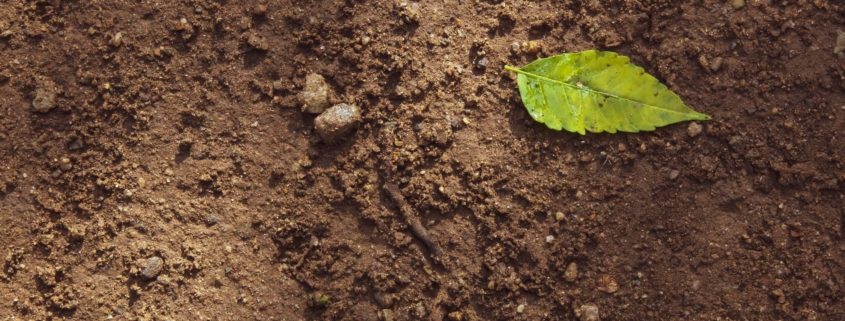Managing Plant Surplus Carbon to Generate Soil Organic Matter in Regenerative Agriculture
Soil degradation is a global problem. A third of the planet’s land is already severely degraded, and soil is being degraded at a speed that threatens the health of the planet and the civilizations that depend on it (Whitmee et al. 2015). Depletion of soil organic carbon (SOC) resulting from extractive agriculture is a key driver of soil degradation (Lal et al. 2015). Much of this SOC has been released to the atmosphere as carbon dioxide (CO2), a potent greenhouse gas contributing to ongoing climate change, including extreme weather events. Soil degradation also diminishes water infiltration and retention, biodiversity, watershed functions, and the nutritional value of food. Reversing soil degradation is a top global priority (UNCCD 2017).
Yields of major crops have increased substantially in the last century, primarily through intensive chemical fertilization. However, the greater aboveground plant biomass production resulting from chemical fertilization has usually not led to proportional gains in plant inputs to soil and soil organic matter (SOM) accrual.
KEEP READING ON JOURNAL OF SOIL AND WATER CONSERVATION

